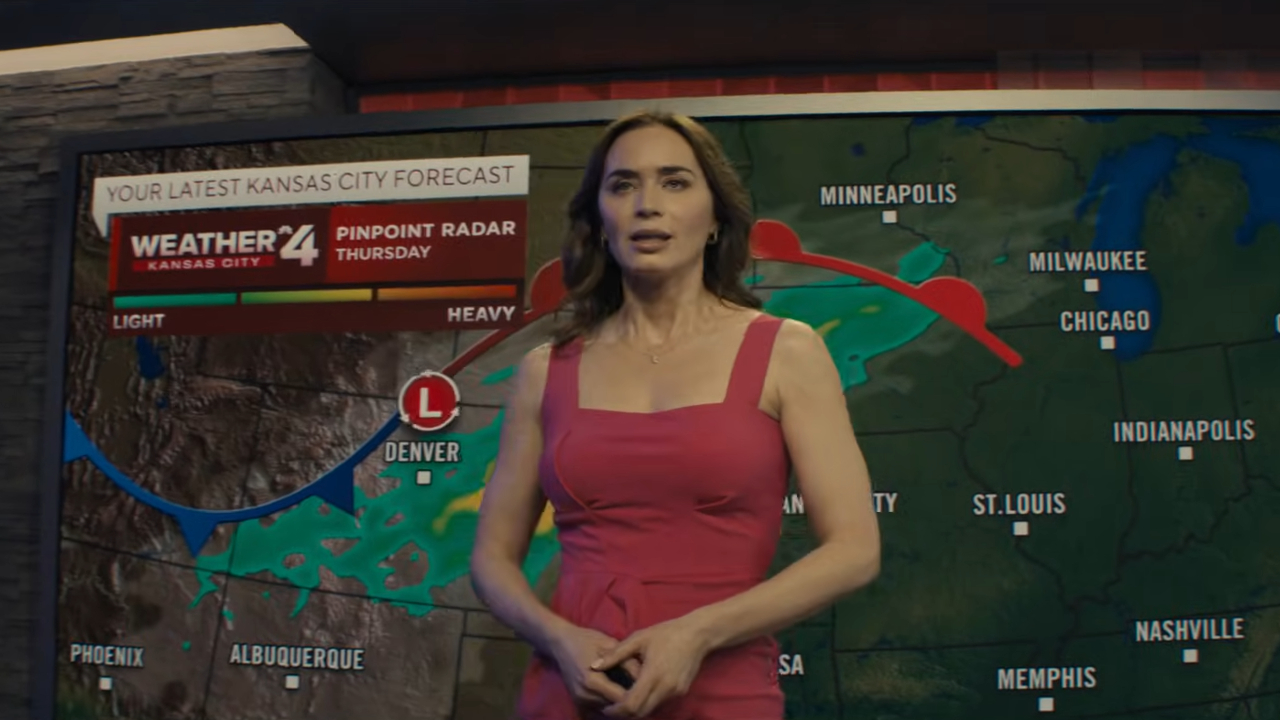10 Biggest Game Disappointments Of 2016
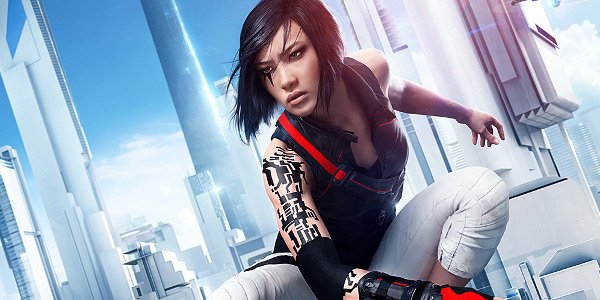
Your Daily Blend of Entertainment News
You are now subscribed
Your newsletter sign-up was successful
Sometimes the biggest disappointments of the year aren't the games that just come out and flail horribly on the market like a fish lying in a puddle of water being shocked by a downed power line. Sometimes the biggest disappointments are the games that seemed to promise more than what they delivered.
So quite naturally, we have a top 10 biggest game disappointments of 2016 list to round out some games that seemed to under-deliver when it came to gameplay, content, story and scope. Many of the games on this particular list are sequels to timeless classics, so you probably won't be too surprised at the reasons behind some games ending up on the list for the reasons they did. These aren't necessarily "bad" games. Some of them are still great, but for one reason or another, they failed to provide something that we were expecting.
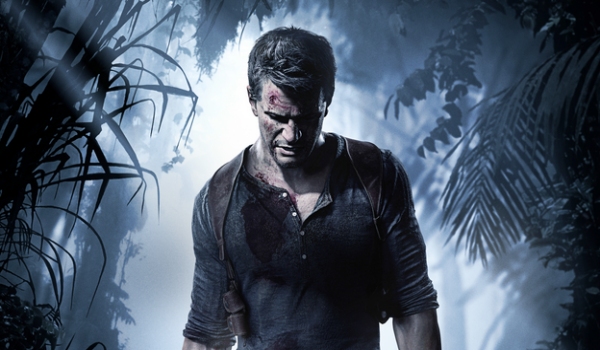
10. Uncharted 4: A Thief's End
I know it's like sacrilege to talk negative about Neil Druckmann and Bruce Strayley's writing and directing, but I just felt the tag-team didn't quite deliver with Uncharted 4. Yeah, the story was solid, serious and mature -- insofar of recognizing Nathan and Elena growing older and taking on more responsibilities in life. However, it was that same maturity that belied the charm of the Uncharted franchise, resulting in a less over-the-top, less interesting adventure that was more restrained than the previous three titles.
The platforming was buttery smooth, and the new grappling hook allowed for some great takedown moments. However, the fighting system was scaled back from Uncharted 3, no longer allowing gamers to throw counters. This resulted in the fighting being well animated but less unpredictable and challenging than Uncharted 3. There were also fewer blockbuster set-pieces, with nothing matching the train sequence in Uncharted 2 or the airplane sequence in Uncharted 3. This didn't make Uncharted 4 bad by any stretch of the imagination, but it was a disappointing entry in such a high caliber series, especially coming off two sequels that were nearly pitch perfect in my book.
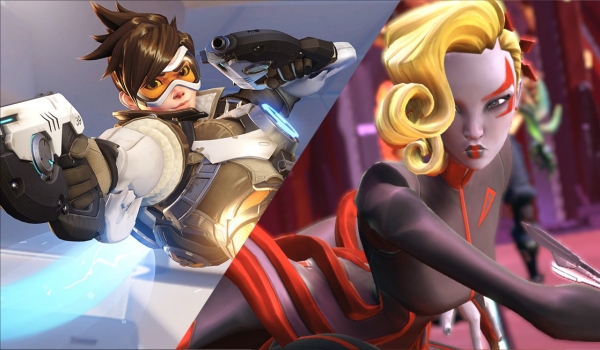
9. Overwatch/Battleborn
Both Overwatch and Battleborn are team-based hero shooters that came out around the same time. Battleborn sold poorly, had an awful marketing campaign, had highly uninteresting characters, and a story most people didn't care about. It did at least have a cooperative story campaign mode, and it did feature a full single-player mode. Overwatch, alternatively, sold like crazy. The game had a great marketing campaign with very interesting characters and an out-of-game story mode that engrossed a lot of people thanks to strong lore and world-building attention that Blizzard put into a brand. However, Overwatch had no campaign mode, and there were no real offerings for single-player.
On the gameplay front, Battleborn offered more diversity in the way maps could played, enemy AI and customizing the characters with unlockable gears.Battleborn, however, suffered greatly from a clunky UI, bullet-sponge bosses, and boring objectives. Overwatch offered a clean UI and great graphics, but the gameplay was more shallow than a Fisher Price kiddy pool. Individually, both games offered players something unique, but they also failed to deliver in some core aspects to fully utilize their potential. Had both Overwatch and Battleborn combined their qualities together, it could have made for an awesome gaming experience. Unfortunately, in my opinion, both games have some major, disappointing drawbacks in the gameplay department, but to its credit Overwatch managed to become a blockbuster hit that a lot of people adore.
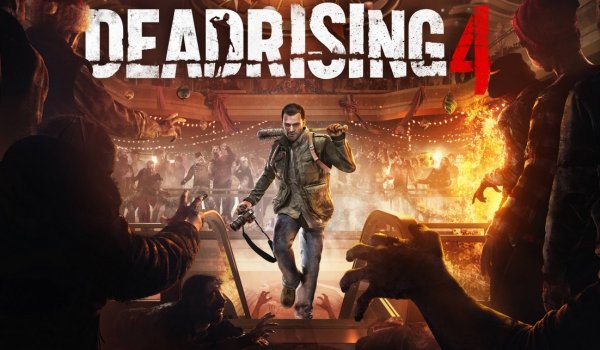
8. Dead Rising 4
Dead Rising 3 had its problems -- mostly performance related -- however there was clear design ambition with Dead Rising 3 that can't be denied. They went way over the top with some of the costumes and villains and were excoriated by some of the media for those decisions. Well, Dead Rising 4 went the complete opposite route, swinging the pendulum toward a design that featured less risque humor, less colorful scenarios, and less over-the-top zombies, resulting in a game that felt like the soul of the series had been ripped out from its inner core.
Your Daily Blend of Entertainment News
Frank West made a return to the mainline franchise after two other characters took over in Dead Rising 2 and 3. However, while Frank's wit and silly chauvinism is still as present as ever, the rest of the game world was a lifeless by-the-numbers thriller. Challenges were extremely repetitive, the bosses weren't very interesting and the crazy psychos from the previous games were nowhere to be seen. Even with all the ridiculous costumes and some snazzy weapons, the game didn't seem to know what to do with itself, resulting in one of the most uninspired and insipid open-world zombie games out there. It goes without saying that Dead Rising 4 was one of the biggest disappointments of 2016.
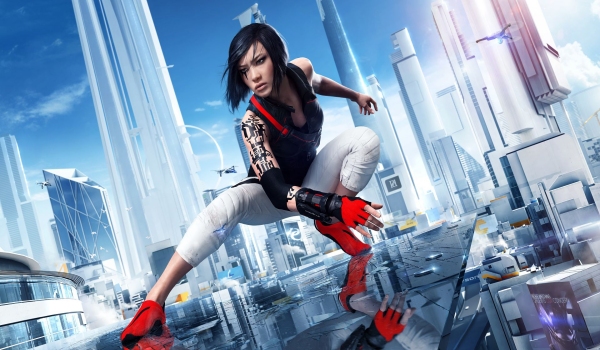
7. Mirror's Edge: Catalyst
Here's a game that had so much potential but then squandered it in a way that makes absolutely no sense to me at all. The only thing DICE had to do was make more levels, bump up the graphics (which automatically happened when the game was moved over to the Frostbite 3) and offer more ways to takedown baddies and run through the city of Glass. Instead they made the sequel more story-oriented because some people complained the first game didn't have enough story, and they removed a lot of the combat because some people complained about guns, and even though the sequel takes place in an open-world, it actually offered fewer ways to overcome some of the challenges.
The biggest disappointment with Mirror's Edge: Catalyst was just that it lacked a lot of the charm featured in the first game. The minimalist aesthetic and laid back chillout vibes canvassing the sleek atmosphere was replaced with a more architecturally complex city with a lot more moving parts and far less focus. The complexity element was coupled with strange design decisions, such as removing Faith's ability to snatch weapons from enemies, limiting her ability to use weapons of any kind, forcing her parkour and combat skills to become accessible only through grinding, and removing a lot of the unique level architecture from the first game, opting for a more mundane, open-world layout. There was so much potential that felt squandered in Mirror's Edge: Catalyst, all in an attempt to make a game geared toward a completely different audience than the one who fell in love with the original Mirror's Edge.
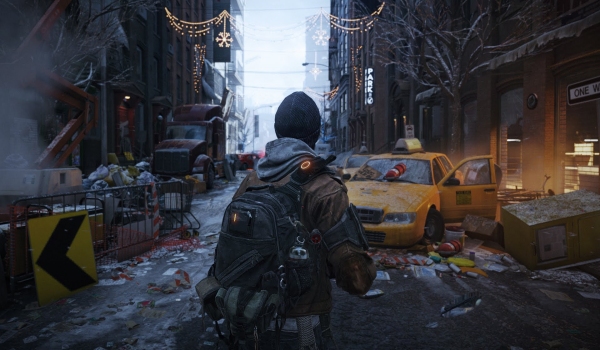
6. Tom Clancy's The Division
Ubisoft seems to make a habit out of over-promising and under-delivering during this last generation of gaming. First, it was Watch Dogs and then it was The Division. The game isn't terrible by any stretch of the imagination, but it does leave a lot to be desired based on what gamers thought they were getting from those awesome E3 promotional trailers, and what was delivered on retail shelves. Remember the trailers that seemed to make it look like an evolved version of DayZ set within the heart of downtown Manhattan? Well, the game is nothing like that... at all.
It turns out that The Division actually didn't launch as a survival simulator, and the world was broken down into instanced areas, complete with a designated PvP zone called the "Dark Zone". Worse yet is that the game was a bullet-sponge shooter, more akin to Borderlands than DayZ. Some players toughed it out, played through the DLC and stuck with it. Others gave up after they beat the core game and realized that The Division was a standard action-RPG set during modern times. Ubisoft had a real chance to dig deep and pull out the kind of game that they showcased at E3 -- something unpredictable, dangerous, emergent and thrilling. But, in the end, they played it safe with a standard MMO model that left plenty of gamers disappointed.
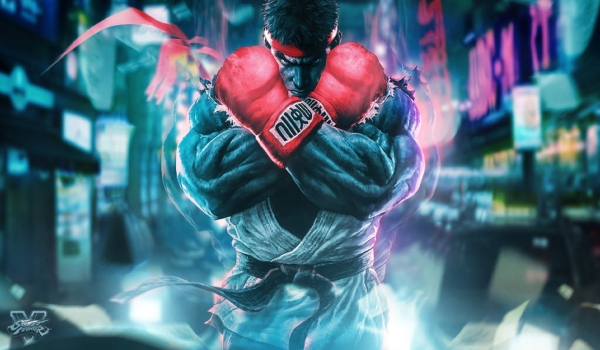
5. Street Fighter V
There couldn't have been a bigger, avoidable, bungle this year than Street Fighter V. Capcom wasn't beholden to some time-frame to get the game out as fast as possible, and no one was really pressuring them to rush the game to the market, but they wanted to make sure they met the deadline for EVO 2016 registration and use it as part of the game's promotional push. The choice to focus on the e-sports sector over the mainstream sector came at a major cost in the form of content, playability and a missing arcade mode for one of the biggest fighting games of the year.
Street Fighter V launched on PC and PS4 with the most bare bones features imaginable, lacking even a basic single-player arcade mode. A lot of standard options just weren't made available until later in the year, costing Capcom dearly in the sales department. The core of the fighting wasn't bad, but a lot of the quality of life features being absent at launch was a huge disappointment for both hardcore and casual fans. Capcom had to spend the rest of 2016 trying to salvage the wreckage that was Street Fighter V's launch, building back up the trust of the fighting game community after bungling the launch of the highly anticipated fighter.
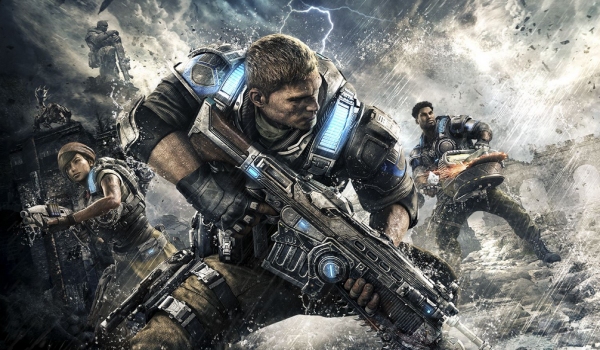
4. Gears of War 4
What happens when you take one of the most popular Gothic-horror franchises of all time and turn it into a near PG-13-quality family road-trip adventure with some Saturday morning super-friends? You get Gears of War 4. The horror themes of the first two games were completely shuffled out of the way for a more joke-filled, whack-a-mole shooter featuring the son of Marcus Fenix and his two friends. The gore was toned down a bit, the gritty, chalky look of the first two games was replaced for a more brightly colored palette, and worst of all... the enemies were a joke.
Repetitive, mundane battles against boring robots and Locust Horde 2.0 mutants with goofy names didn't help the game any. The biggest issue was that Gears of War 4 was just a safe sequel with a lot of uninteresting gameplay segments, making it par to what Gears of War: Judgment was from People Can Fly. A few noteworthy moments, like the elevator ride and the motorcycle chase were cool, but it didn't make up for the lack of level creativity, or the absent horror-filled thrills of the first game. That's not to mention it lacked the four-player co-op from Gears of War 3, and they couldn't seem to give gamers a villain as memorable or threatening as the Queen Myrrah or General Raam from the previous games.
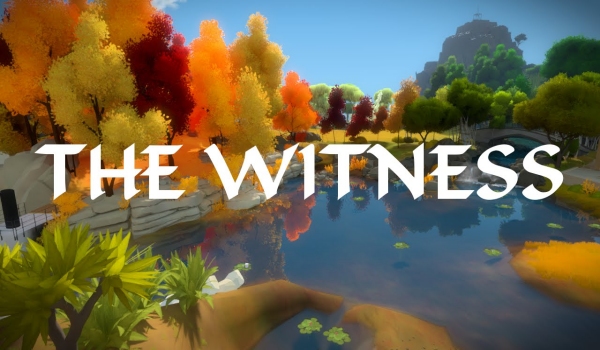
3. The Witness
It's hard to put into words just how frustrating The Witness really was. It was one of those games where the screenshots and promo material never really gave anything away, but they left you wondering if there was something to discover -- something to unearth by playing through the actual game. It turns out that there wasn't actually anything there on the narrative front other than puzzles... puzzles... and more puzzles. I went in expecting something like Firewatch from Campo Santo, but ended up with a Mensa test.
There were some quotes and videos made available for those willing to tough it out through some of the game's unforgiving mind-bending challenges, but there wasn't an actual story to discover. It was the stark opposite of Cyan's Obduction, which was heavily puzzle-oriented but delivered in spades when it came to telling a compelling story throughout the game by using an engaging narrative thread. To be fair, Thekla didn't over-promote the game as some narrative masterpiece, but a lot of gamers did assume that there would be something deeply interwoven throughout the gameplay experience to make all that puzzle-solving feel compelling at some point, like CroTeam's The Talos Principle. You can easily imagine the disappointment when people realized there wasn't really anything to discover.
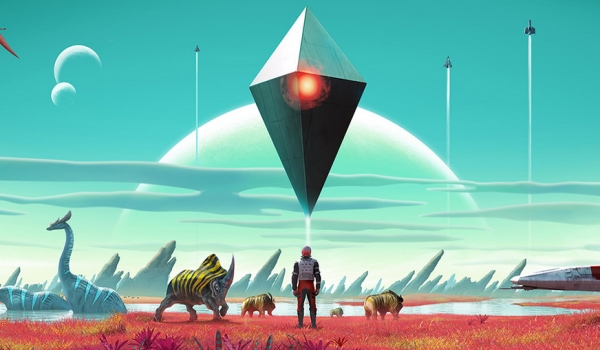
2. No Man's Sky
Where do I even begin with this game? It was basically hype-central for the years leading up to release and the marketing was sleek insofar that they avoided actually showing the real gameplay for such a long time, focusing more-so on small snippets of discovery and exploration, and only the tiniest bits of space travel to keep it all under wraps. The reason why? Because this game was missing a lot of stuff that was promised but wasn't delivered at launch. It even spawned an Advertising Standards Authority investigation that, while it didn't go anywhere, it lets you know how misled gamers felt.
The main issue was that No Man's Sky was a generic, space-faring survival game. Only, the launch of the game lacked proper threats, failed to deliver on the multiplayer aspects, didn't really seem to have the robust dogfighting battles people expected and was scarce when it came to emergent features such as base-building, dynamic AI, an actual changing and persistent universe happening outside of player interaction. That's not to mention the shoddy performance. Updates have helped No Man's Sky along, but the game was a huge disappointment at launch and easily one of the biggest disappointments of the entire eighth generation.
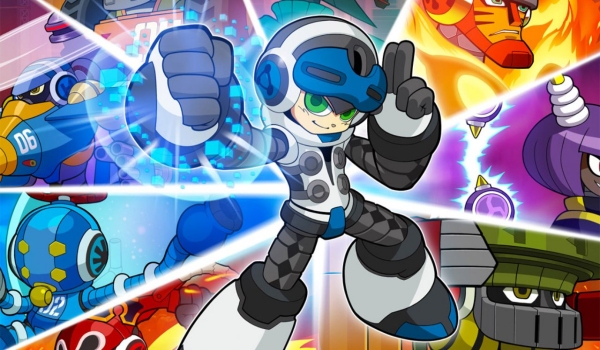
1. Mighty No. 9
If you thought that No Man's Sky deserved to take the top spot, you would have to argue with the people who pumped $3 million into a little indie side-scroller from Comcept that ended up over-promising, under-delivering, and managing to kill off a brand before it even gained legs. Mighty No. 9 was supposed to be the Mega Man game Capcom would no longer give us, but it ended up being the Mega Man clone no one wants to remember. When people show hesitation in contributing to a Kickstarter project, it's probably because they're thinking about Mighty No. 9.
There were a number of issues that plagued the game that would require a whole separate article to detail, but some of the issues were basic things like the graphics taking a major downgrade on release based on what they had demonstrated during the Kickstarter campaign. The playability was mediocre. Also, there was a lot of empty space in levels and poorly engineered cohesiveness between Beck's animations and the controls, which resulted in the gameplay not feeling very tight. The story was a complete throwaway, the characters were bland and uninteresting, and they somehow managed to make the game both too easy and too hard all at the same time. That's not to mention the fact that they failed to deliver on some of the backer rewards, delayed the game multiple times for a multiplayer mode no one cares about, and managed to sully the expectations of Kickstarter projects the world around. Despite this being one of the biggest disappointments of the year, the developers still kept their heads up, as reported by PC Gamer, the team mentioned during the pre-launch live-stream... "It's better than nothing".
Staff Writer at CinemaBlend.

